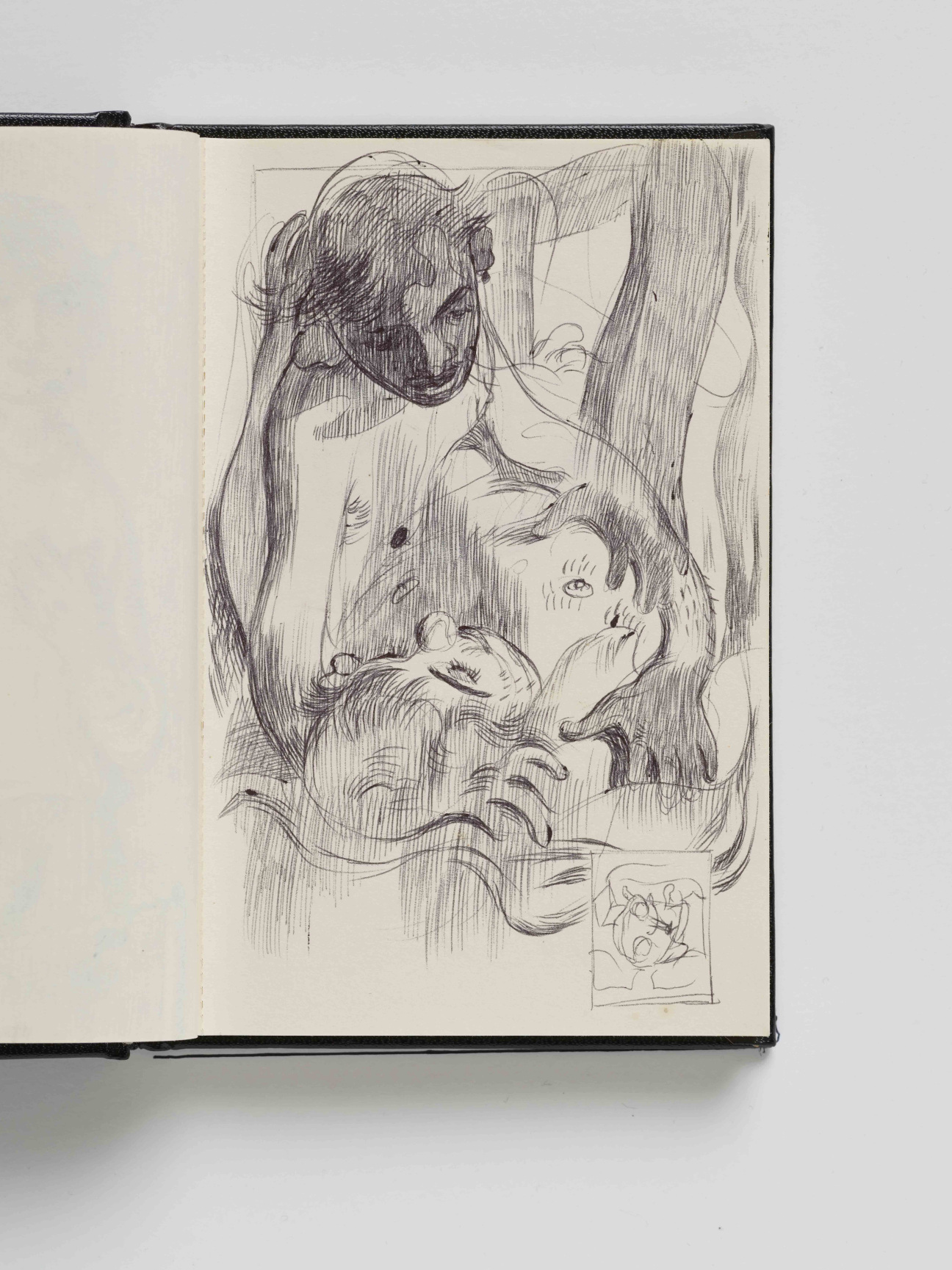
When Seán Hewitt published All Down Darkness Wide—an aching memoir about the fragility of love and youth—last summer, he found himself grappling with the ghosts of his past and the legacy of trauma in queer literary history. How can a writer transform the pain of private experience from something isolating into something that links us irrevocably together? Is the queer literature of recent years steeped so deeply in trauma that it forgets to embrace joy? Where, as Hewitt puts it, are the sunlit San Francisco streets? For the poet, whose memoir dwells in the twilight purgatory of a trauma that is ultimately averted, the writing process was marked by a desire not to revel in violence and pain but to critique the social systems that impose them. By pulling back the curtain on private moments of anguish, fear, and shame, Hewitt lets the light in—welcoming a found family of fellow travelers to bask in its warmth.
I have always liked sad novels. Sad music, too. As a child, I nearly wore out my CD of The Verve’s Urban Hymns, sitting on my bedroom floor, pressing the rewind button on my portable stereo to hear Richard Ashcroft singing, again and again, that he’s “like a cat in a bag, waiting to drown.”
On one level, the scene is ridiculous. I had a happy family and a happy childhood. What could my 10-year-old self possibly get out of a song about drug use, regret, the painful dissolution of a life? Maybe we fail to give children credit for the depths of their emotions. Perhaps, in my childhood room, I was rehearsing my adult life before I lived it. Perhaps I was rehearsing empathy. Perhaps I was imagining what it would feel like to be “a cat in a bag, waiting to drown.”
Queer literature, in recent years, has been accused of harboring an obsession with trauma. The sincerity of its voice, too, has been seen by the writer Paul McAdory as evidence of solipsism and navel-gazing. In other words, trauma and sincerity are about the “I,” not the “us.” From Ocean Vuong to Garth Greenwell, A Little Life to The End of Eddy, queer identity has been, in the critic Kevin Brazil’s memorable phrase, “mortgaged to unhappiness.” What happened to the found families of Armistead Maupin and the sunlit San Francisco streets?
When I think of queer family, I remember a man called Anthony. I was 17 years old, recently out, but furtively dating. Well, dating is the wrong word. I hardly ever met up with the men I spoke to online. I lived in a semi-rural village in the north of England, and I didn’t know anyone else who was queer, so the Internet gave me the chance to look further afield—literally beyond the fields—and into the closest cities. That was where this family lived. I don’t remember much of the conversations I had with these men. I do, however, remember one thing I said to Anthony—two years older than me—before I arranged to meet him.
One evening, over Myspace Messenger, I was pressuring him to admit something I thought was obvious. “If you had the choice,” I asked, “wouldn’t you choose to be straight?” It seemed so self-evident to me. If I could fit in—if I could just be normal—everything would be easier. Everything would be right. It was, perhaps, my deepest and most impossible desire. I said that I would choose it in a heartbeat, and he insisted that he wouldn’t. I remember feeling skeptical and surprised at his response, but he grew more insistent. “Don’t say that again,” he urged. “Don’t think it. Don’t wish yourself away.”
At that point in my life, the idea that queerness might be a gift, rather than a form of isolation, was a bizarre contortion of sense. In my mind, queerness was, in fact, “mortgaged to unhappiness,” and the payments were something I’d prefer to be free from. Still, Anthony’s words changed me. I thought about them for weeks. I had always been gay, but after our conversation, I decided to be gay. I had heard the messaging before (“It’s good to be gay!”) but only believed it when it came from someone with the same past, the same experience.
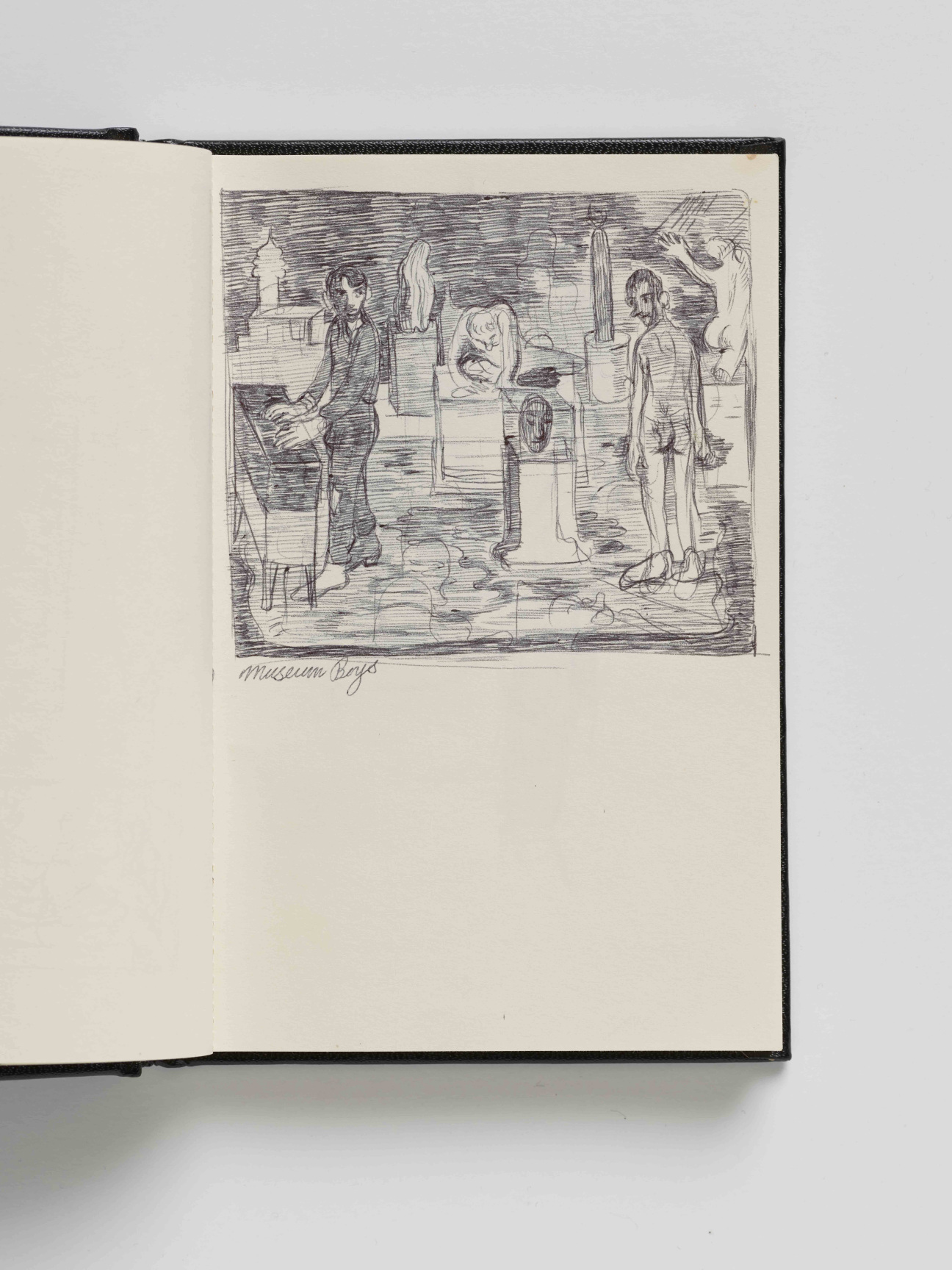
Living in a place far from queer life, books rehearsed queerness for me; they framed it. When I read James Baldwin’s Giovanni’s Room or Radclyffe Hall’s The Well of Loneliness, I don’t remember feeling that they cemented queerness as a life of misery, though they were certainly books that had tragic plots and plenty of despair. Instead, these stories showed me that the structures of the world produced unhappiness, and that those structures needed to be changed. In other words, the function of the trauma wasn’t to traumatize but to critique.
When it came to writing my own memoir, which deals with queerness, grief, and suicide, I met this idea head-on. Was I just writing another “sad, gay book”? Was I picking at old wounds? What was my purpose? I wanted to avoid trauma for trauma’s sake. I didn’t want to disturb my reader without reason. When I experienced trauma in my own life, I often turned desperately to books—to other queer writers—to act as guides. I made sense of my life through their words. So I soaked my own narrative in time, filling it with the ghosts not only of my earlier life, but of queer history, too. I wanted to give context to the trauma, but I also wanted to ask what made it possible. I wanted to explore the cycles of history to learn how we can tear our way out of them. The trauma had to have a function; for me, the function would be to move myself and my reader toward liberation.
Liberation means freedom from the straight gaze, where the link between queerness and trauma is rooted. One of my earliest memories is of a neighbor, who was otherwise kind to me, telling me as a child that I shouldn’t be gay because gay men were unhappy. It’s a common enough story. For a long while, I was afraid that admitting any unhappiness would prove my neighbor’s point. Perhaps, with the arc of history tending toward unstable public safety among gay men, queer readers have felt a taboo around their shame, a taboo around the difficulties of growing up in the closet, revelations that go against the dictum of pride, liberation, and happiness.
But the specter of the straight reader and their potential judgment was never strong enough to stop me from writing. No matter how isolated the story or how personal, the revelation of trauma in literature has a family-building function—and a political function, too. Perhaps what I mean is that literary trauma finds its true purpose when it lifts us out of one life and into another, when it situates us within a collective.
In my book, I wanted to avoid using trauma as tension or as a way of building a character’s backstory. Instead, I reversed that idea: the backstory would be a way of sifting through history to explore why the traumatic event might occur. The Indian-American poet Meena Alexander writes that “we have poetry so we do not die of history.” Her words seem to capture the ideas of redemption and escape that I explored in my own pages. Once my memoir came out, I felt a revelatory connection to a queer community. I received intimate, beautiful messages from people who had found themselves in the book, and this seemed to redeem the trauma, to transform it into something good.
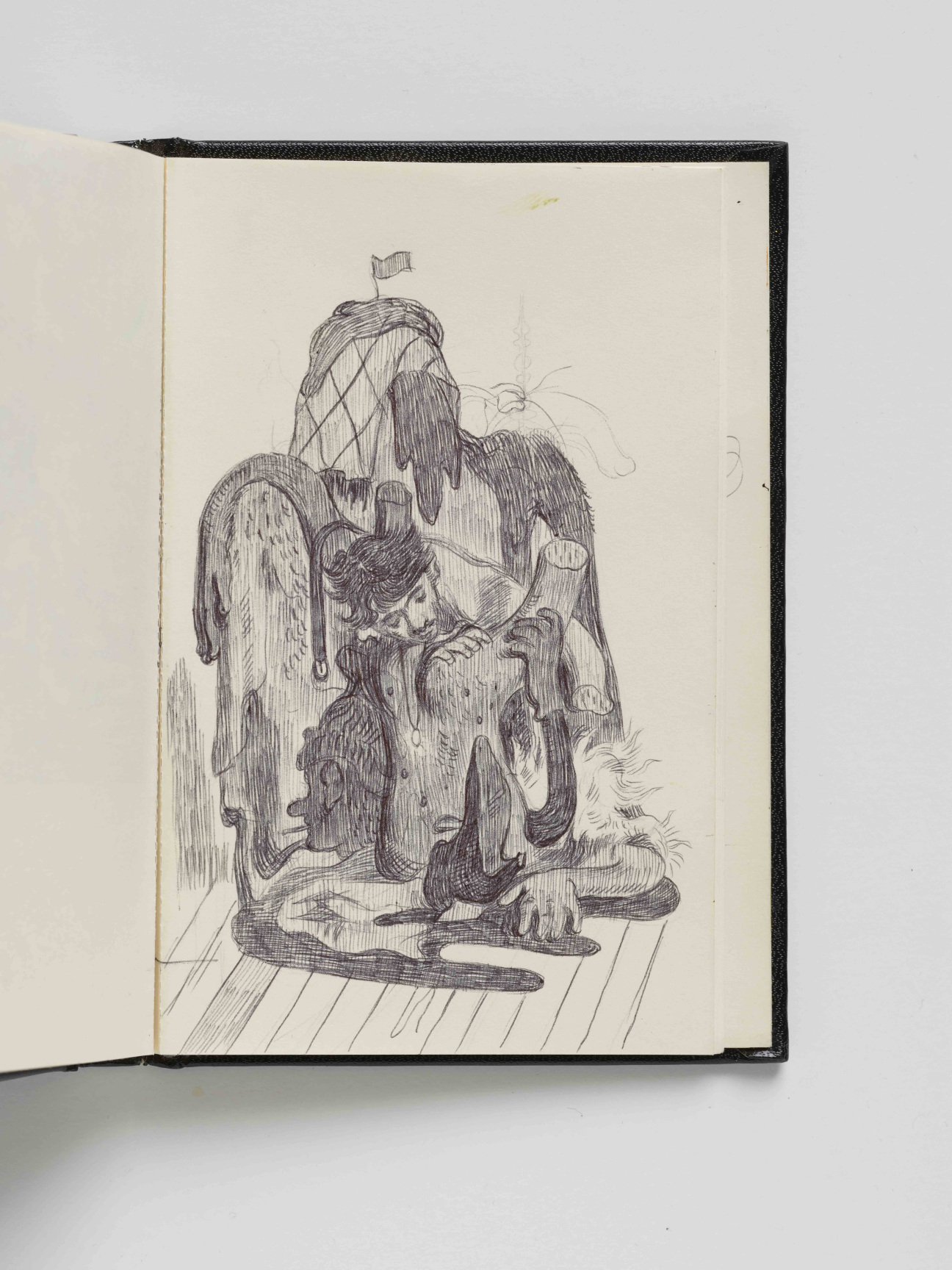
In charting a history that echoed so many other people’s, the book bound us together. What I thought of as its most private revelations were not isolated feelings of shame but flickers of common experience. All Down Darkness Wide became a site of mutual recognition, and reading became the thing that extinguished shame (pride’s dark opposite) by unraveling the secrecy that it feeds on. Writing doesn’t just rely on bonds—it creates them. In Tomasz Jedrowski’s 2020 novel Swimming in the Dark, the narrator reads an illicit copy of Baldwin’s Giovanni’s Room:
“And the more I read, the more scared I became: the immensity of the truth and the lies I’d been telling myself all these years lay before me, mirrored in the narrator’s life, as if someone were pointing a finger at me, black on white, my shame illuminated by a cold, clear light. In the brightness I could examine it with almost scientific clarity, and suddenly the narrator’s pain didn’t soothe my pain anymore. His fear fed my fear.”
Shames illuminate each other, but they also allow a place for clarity, for connection, for change. They can be difficult, but these acts of reading are family work. They do not follow bloodlines, but lines of mutuality: common experiences and common dreams.
Many of our queer classics, including Giovanni’s Room, end in tragedy, with the general (and, I think, patronizing) idea that this plotting made such books more tolerable for straight readers. In later years, the idea of queer joy has come hand-in-hand with ideas of queer progress, as if sadness and trauma are incompatible with political freedoms. It seems to me that the opposite might, in fact, be true. There is something to be gained from the trauma plot, which can establish those same relationships that are at the heart of queer family.
“You think your pain and your heartbreak are unprecedented in the history of the world, but then you read,” Baldwin once said in an interview. “The things that tormented me most were the very things that connected me with all the people who were alive, or whoever had been alive.” Hearing that someone else feels as I did listening to The Verve on my bedroom floor—“like a cat in a bag, waiting to drown”—might, paradoxically, be the very thing that brings us to clarity, to possibility.
To feel joy might be to find this collective voice; the revelation of pain and heartbreak in literature might allow us space to imagine change. What do we feel when we read a book that speaks to us if not an intense, affecting intimacy? What happens when the voice speaking from the page is echoed by the voice within us, which somehow finds language through the book? What if thousands of other people go through the same trauma, feel the same thing, and come out changed? What is it, if not the furnace that makes a family?

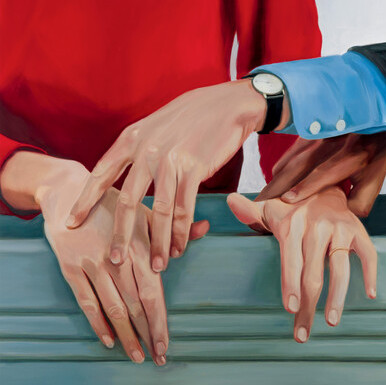
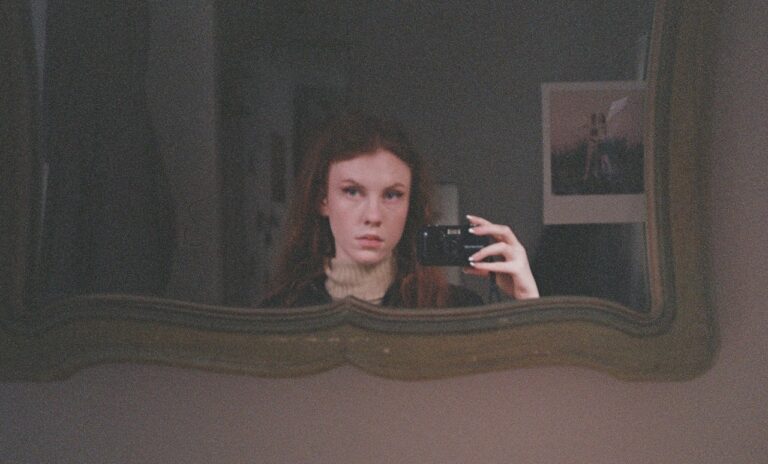
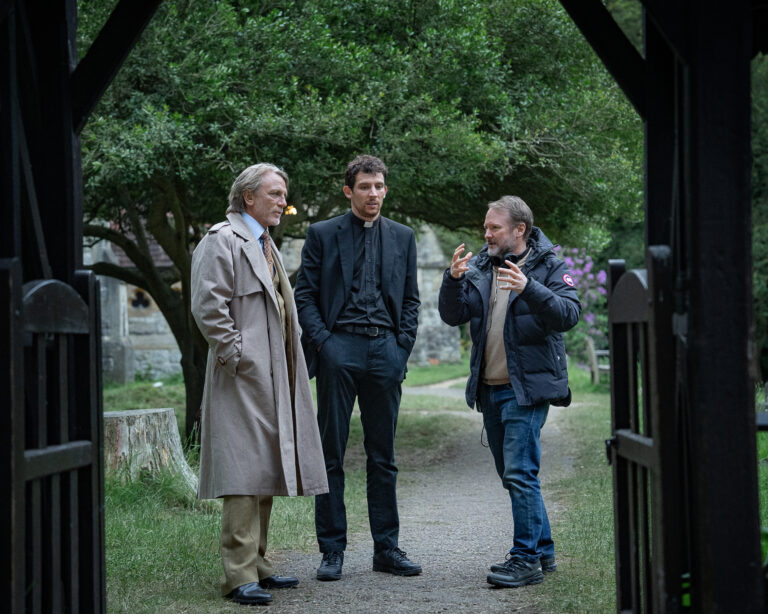
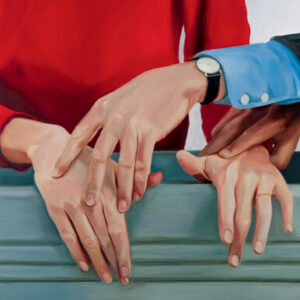

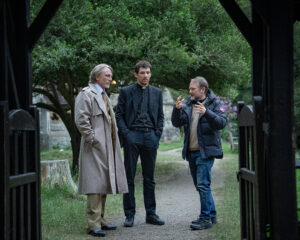



 in your life?
in your life?

